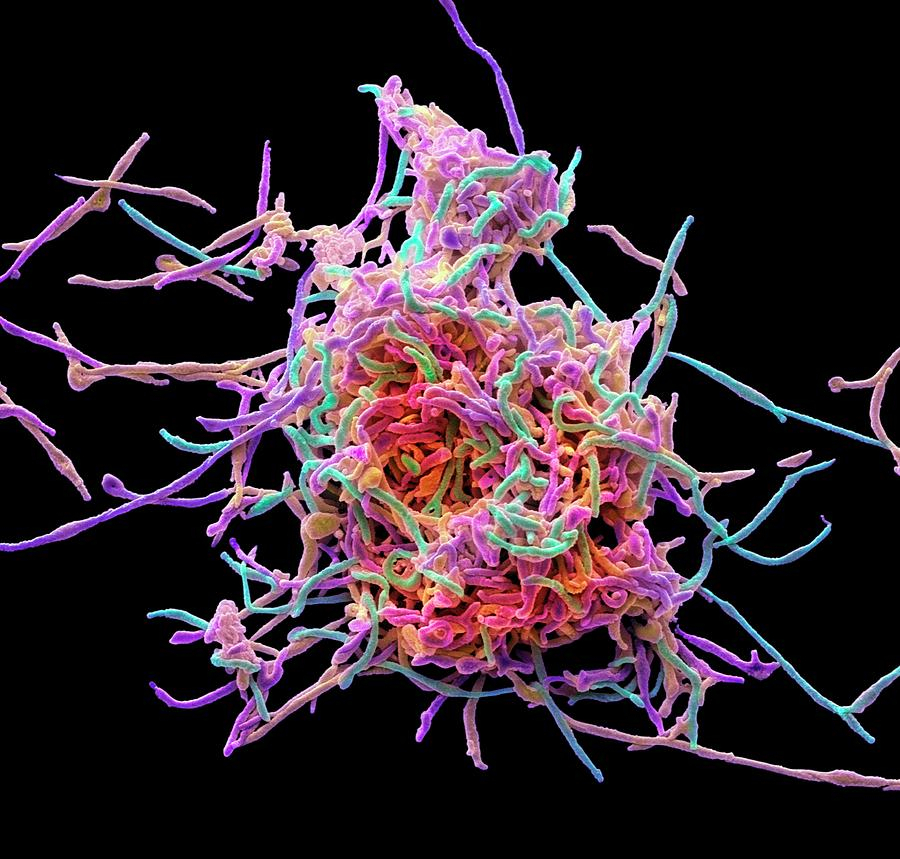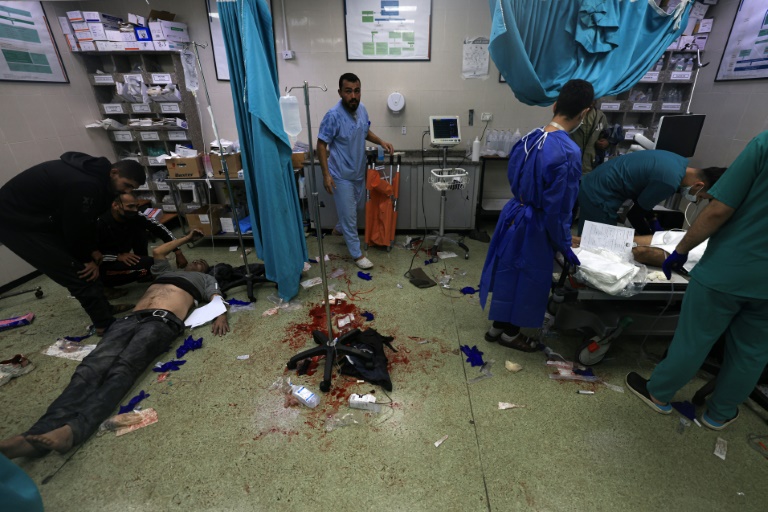In recent developments, China, Denmark, France, the Netherlands, and a county in Ohio have reported an alarming surge in cases of pneumonia in children linked to the bacteria Mycoplasma pneumoniae. This concerning trend has caught the attention of health experts worldwide.
No Widespread Outbreaks, but Concerns Rise: While there is no evidence of a widespread increase in Mycoplasma infections across the United States, health officials are closely monitoring the situation. Mycoplasma tends to cause pneumonia outbreaks every one to three years, with the last significant wave occurring before the Covid-19 pandemic. Experts anticipate a potential increase this year.
Expert Insights: Dr. Buddy Creech, a pediatric infectious disease specialist at Vanderbilt University, stated, “We expect that there are going to be some seasons that are worse than others for Mycoplasma infections, and it certainly seems that, across the US and Europe, this year might be worse than other years.”
Global Trends: European experts conducting surveillance reported a rise in Mycoplasma cases across 24 countries, with a more than fourfold increase by summer and fall. Larger spikes were observed in Asia and Europe, according to a report published in The Lancet Microbe.
Antibiotic Resistance a Factor: The US Centers for Disease Control and Prevention (CDC) highlighted a potential link between the increase in cases in China and resistance to antibiotics commonly used to treat Mycoplasma infections.
Common Infection Resurfaces: Mycoplasma, a known cause of mild or “walking” pneumonia, has made a comeback, causing a persistent cough with associated symptoms like fever, headache, and a splotchy rash. The infection can be particularly prevalent among school-aged children.
Local Outbreak in Ohio: Health officials in Warren County, Ohio, reported a higher-than-normal number of pneumonia cases in children, with 142 cases since August. Testing revealed the presence of Mycoplasma, Strep bacteria, and adenovirus.
Medical Response: While Mycoplasma infections may not be required to be reported to public health departments in many states, the CDC is actively monitoring through emergency departments and laboratory data. Front-line antibiotics commonly used for pneumonia may not be effective against Mycoplasma, requiring specific antibiotics like azithromycin or a Z-Pak.
Dr. Creech emphasized the importance of vigilance without alarm, noting that Mycoplasma cases may be underestimated as milder cases are often treated in pediatrician offices. Parents are advised to be attentive to their child’s response to pneumonia antibiotics and consult their pediatrician if there’s no improvement in the first couple of days.
As the global medical community grapples with this resurgence of Mycoplasma-linked pneumonia, heightened awareness and proactive measures are crucial to ensuring the well-being of children.







